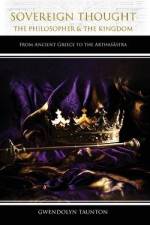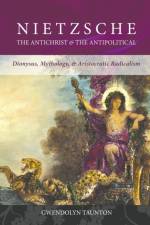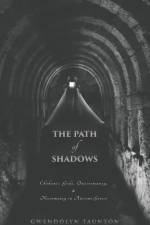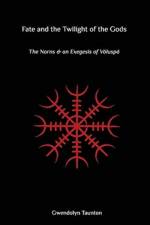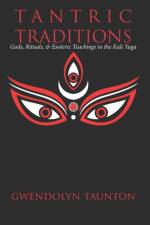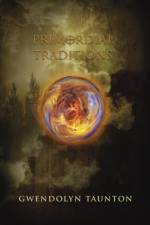- Chthonic Gods, Oneiromancy, Necromancy in Ancient Greece
av Gwendolyn Taunton
417
The Path of Shadows escorts the reader deep into the hidden subterranean world of the chthonic traditions of ancient Greece. The word chthonic refers to the interior of the earth, from where life is born and to which it returns in death. The chthonic traditions represent the paradoxical complexity inherent in life itself, which venerate the earth, the afterlife, final judgment, and the occult. The Gods connected to these primordial forces exist in all traditions - sometimes they are represented as benevolent figures, and at other times malevolent ones. The Path of Shadows concentrates on the Hellenic Gods, but also explores their relationships to other religions and cultural influences. Hades is presented as the brother of Zeus, and an Indo-European God who is identical to Yama. He is portrayed as both the King and Judge of the Dead. Although not antagonistic to mortals, the visage Hades presents to humanity is nonetheless terrifying, because he instills in mortals the ultimate fear of the unknown and the existential dread of a dark, fathomless, void without end. Dionysus is revealed not only as the son of Hades, but also as the 'Black Sun' and counterpart to Apollo in both the philosophy of Nietzsche and Greek Myth. Persephone is described as the Queen of the Underworld, and the mother of Dionysus. Persephone reigns as a queen beside her husband Hades, and occupies a prominent role in the Rites of Eleusis, along with her mother Demeter. Together, as a trinity, these deities rule over The Path of Shadows. The Path of Shadows also looks at the forms of the occult which are exclusively chthonic practices. This is introduced first by a brief explanation of the Mantic Tradition, which specializes in all forms of divination, and how it occupied a position of prominence throughout the religions of antiquity. The Path of Shadows then looks at some of the specialized aspects of Hellenic magic, concentrating on oneiromancy (predicting the future through dreams), necromancy (summoning the souls of dead), and curse tablets (utilized for occult purposes), narrating how these practices relate to the chthonic traditions and the hidden aspects of human consciousness.

